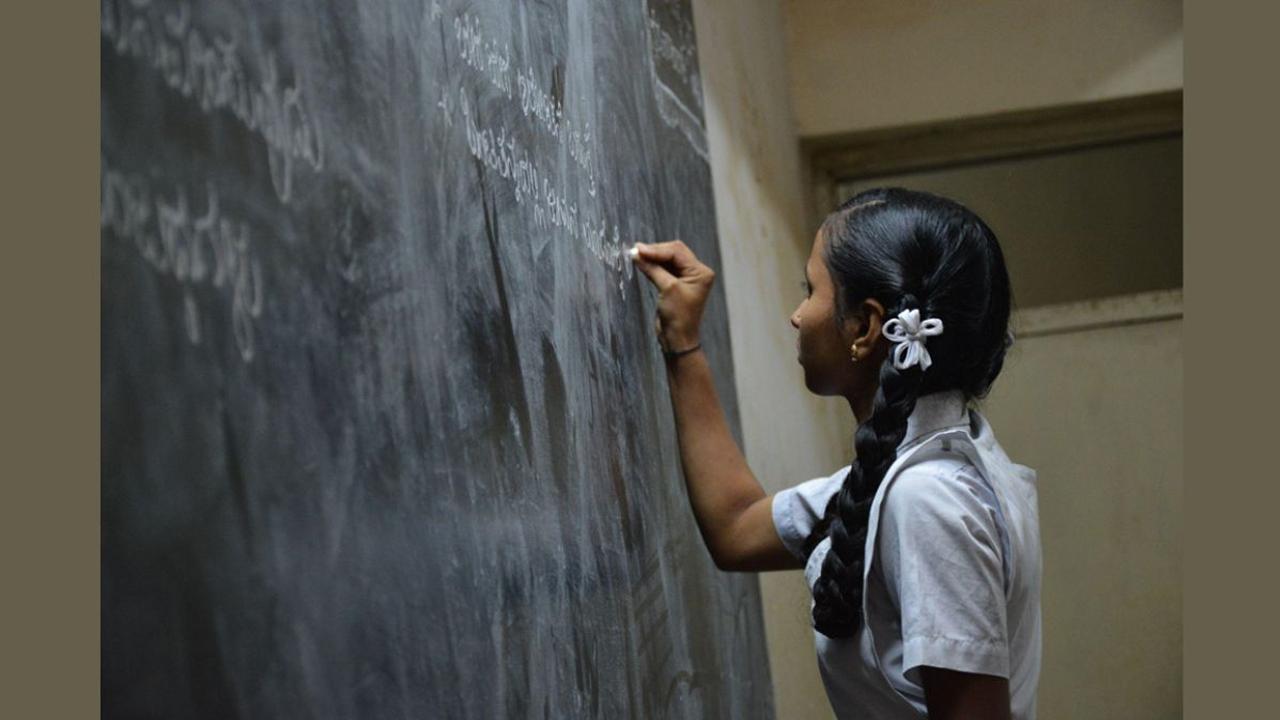Effective communication is important for succeeding in different aspects of life. Modern education concepts rely on preparing students for things beyond the classroom walls.

5 Ways To Help Students Develop Effective Communication Skills
February 13: Effective communication is important for succeeding in different aspects of life. Modern education concepts rely on preparing students for things beyond the classroom walls. No matter whichever field you choose to go to, you will need effective communication in all of the fields.
ADVERTISEMENT
Students that are good at communication skills contribute more to class discussions and take part in different activities and beyond the classroom, they are also quite active and voluntarily take part in different discussions. Effective communication skills are invaluable skills that students will need throughout their life and once they learn effective communication skills at school, they will be able to convey their message in an effective way in different aspects of life. They won’t hesitate in talking in front of a huge crowd or in a big interview.
People who aren't good at communication fail to deliver their message and no matter how good they are at studies, they always fail to make a good impression themselves. So with that being said, let’s discuss some of the ways to help students develop effective communication skills:
Motivate Students to Take Part In Classroom Activities
To help students develop effective communication skills, they should be motivated and encouraged to actively take part in discussions. Most young students don’t talk at all and such students suffer throughout their lives as they are not able to express their feelings.
The best way to develop communication skills in students is to motivate them to get involved in different classroom activities such as activities, reading activities, group discussions both physically and in GbWhatsApp groups, presentations, etc. These activities help in developing effective communication skills and also with the fear of talking in front of a large group.
Teach Students Active Listening
Remember that communication is a two-way path that isn’t just about speaking but it is also about listening to what the other person has to say. If a person is a good speaker but a bad listener then we don’t call that person a good communicator. To be able to communicate effectively and be called a good communicator, the person should be able to listen to what the other person has to say.
Wherever you go, whether it is for a job interview or on an online platform to talk with people, you will be required to listen to what the other person has to say. Therefore, it is important that students should also be good listeners to be able to communicate effectively.
Active listening skills should be developed in students by different methods and it is your job as a teacher to teach them about active listening. One of the effective methods is to read a selection of text aloud and then have the class discuss what the text was about and what message was the speaker trying to convey.
Assign Group Tasks And Presentations
Students should be given different group tasks, group assignments, and presentations because such exercises help the students to refine and sharpen their communication skills. Not only do such exercises promote teamwork as students get the chance to work in small groups but it also gives them the opportunity to be able to work together for a common goal, pen down their opinions and present it in front of a large group. All of these things help to develop effective communication skills. Furthermore, students usually follow up on Zoom calls and other personal communication channels downloaded from V-Appstore to ask and clear for doubts.
Ask Open-Ended Questions
Asking students open-ended questions can help improve communication skills in students because they require more than a one-word or two-word response. Open-ended questions are a great choice for engaging students in a meaningful discussion.
By asking open-ended questions, you are engaging the students in an active conversation, you get to know about their say, and they also learn how they should respond to an open-ended question and how to be a part of a discussion.
These things come in handy for students wherever they go because being a part of the discussion is required everywhere, whether it is a business meeting, a formal meeting with colleagues, or talking with random person, being part of a discussion and responding to open-ended questions is required everywhere.
Teach Them About Turn-Taking
Learning effective communication skills also involves being able to learn and know the importance of turn-taking. A good communicator is someone who knows when it’s his turn to speak and when it is not. If someone is familiar with turn-taking then wherever he goes, he will be considered a professional who knows how to communicate.
Teaching students about turn-taking is very important so that they know when to talk and when not to. Also, interrupting someone while they are speaking is considered morally bad and should be avoided too. To help with turn-taking, an object such as a microphone or talking stick should be used as a signal for turn-taking and should be passed on to the next person once someone is done speaking to practice the students with turn-taking.
 Subscribe today by clicking the link and stay updated with the latest news!" Click here!
Subscribe today by clicking the link and stay updated with the latest news!" Click here!








